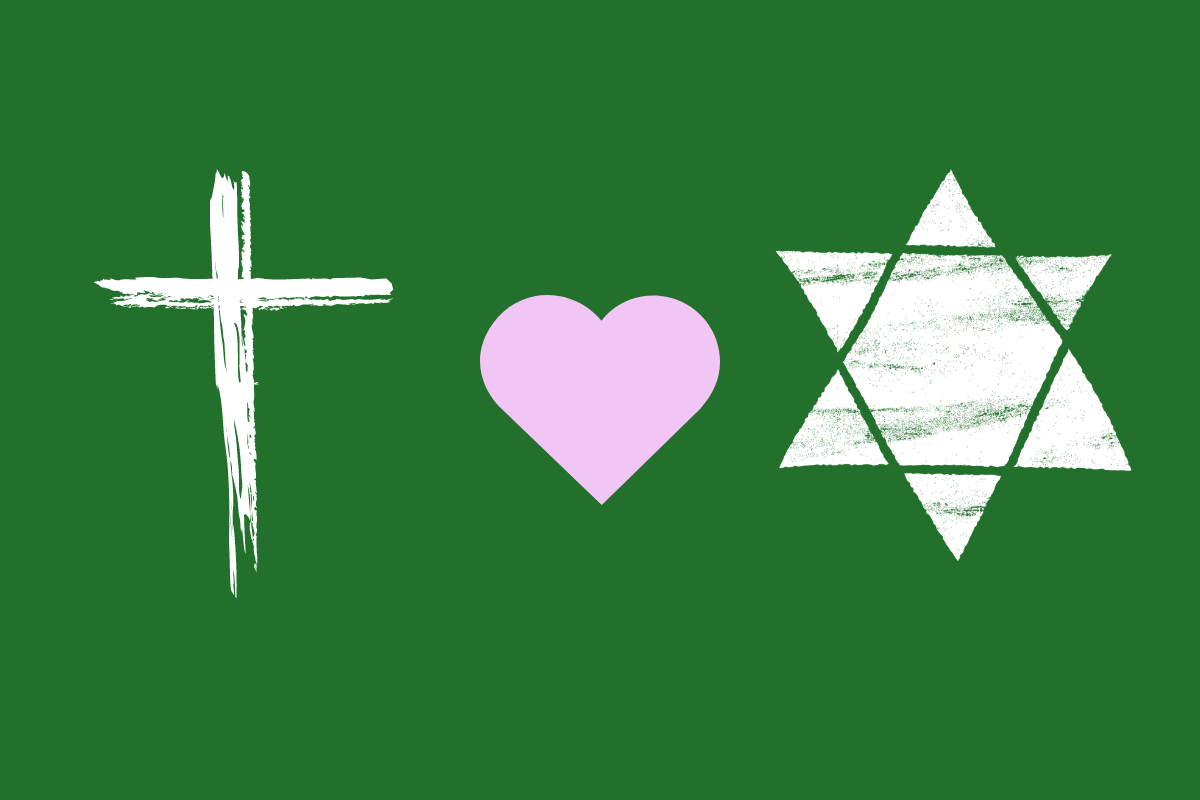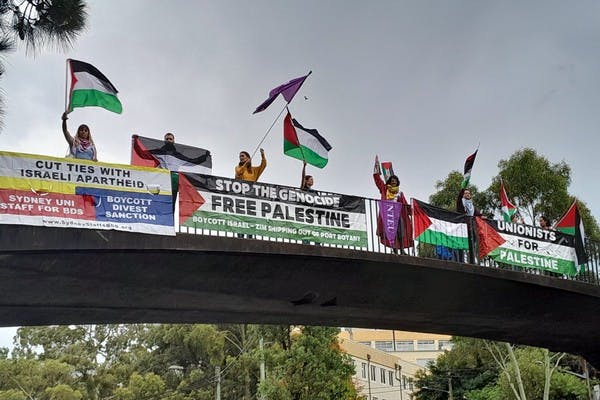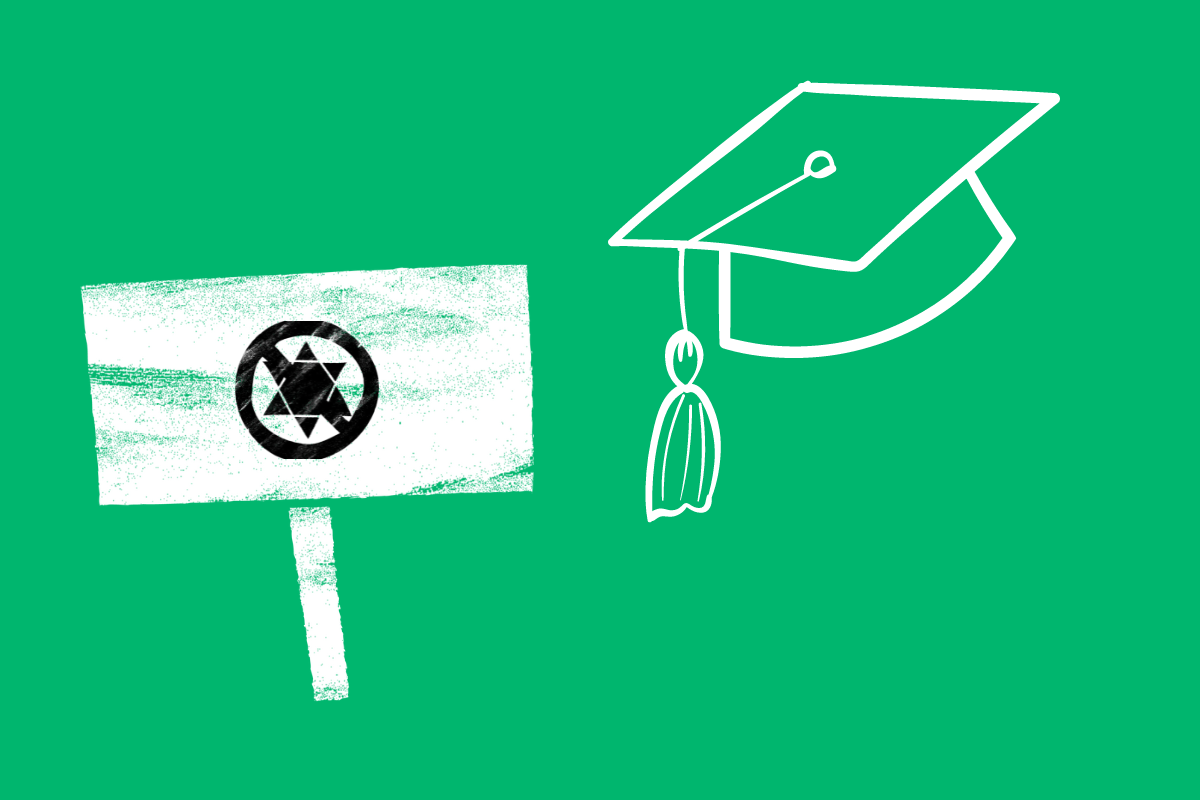Published: 14 October 2022
Last updated: 5 March 2024
BEN-ZION WEISS came full circle to discover the Jewish tradition in which he was raised was fundamentally about peace.
Growing up in the 1950s and 60s in the Orthodox Jewish community of Sydney’s eastern suburbs, I had no idea that Judaism was fundamentally about peace. It was not long after the Israeli War of Independence in 1948, which followed World War II and the Holocaust. For me, war and Judaism were linked. At university in the late ‘60s, I became aware of the war in Vietnam.
This was partly as a result of an anti-war protest on the campus of UNSW against the visit of the then minister for the army, Malcolm Fraser. At that time, I could have been conscripted if my birthday came up in the birthday ballot (but it didn’t), so the issue directly affected my generation.
As I was approaching the end of my undergraduate studies, I decided I would do a PhD rather than fight in the war. As a child of Holocaust survivors, I had no intention in participating in a war just because the government thought I should.
After studying science and engineering, I began to question the religious Judaism of my youth. It seemed dated and anachronistic and didn’t relate to the modern world that my studies were preparing me for. I still felt culturally Jewish and had many Jewish friends, but I was now meeting people from other traditions who became my friends.
The Jewish religious practices and the so-called commandments no longer seemed relevant to my life in modern day Australia. I was keen to learn more about the rest of Australia. This I did by going to Melbourne, where I met my beloved Karen. But I didn’t completely leave my Jewish connection because Karen’s mother was Austrian Jewish. Melbourne had much more serious and even violent anti-war moratorium marches. But it was to be still some time before I moved from being an anti-war activist to a peace activist.
Because of an industrial accident while working as a chemical engineer, I decided to become a filmmaker, and went to Melbourne to study film and television production at Swinburne Institute of Education. My first student film, in 1971, was about Aboriginal people living in Sydney’s La Perouse. I knew they lived there because my family went on picnics to La Perouse, and we saw the snake man and Aboriginal people selling artefacts.
But for all my 17 years of “good” education, I knew nothing about these people and why they lived in third-world conditions just seven kilometres from my beachside world. I began awakening to the depth of racism towards Aboriginal people and saw the link between racism as cultural violence and war, although I may not have been able to articulate it so clearly.
My move towards being a peace activist developed with my interest in Buddhism, which began in the early 1970s, after my accident. This led to my becoming part of the Buddhist Peace Fellowship.
The quest for peace in my life and in my world was also enhanced by my involvement in non-violence training, based on Ghandi’s “ahimsa” philosophy, with a group called Chrysalis and attending several courses with the Conflict Resolution Network. My life went through a deep transformation with the birth of our daughter Amica in 1987 and with my becoming an adult educator in migrant and refugee English tuition, using drama, singing and other creative experiential learning techniques.
It was not long after that Jan de Voogd, a Quaker friend, and I would go out on Sydney Harbour in his wooden sailing boat to meet American warships as part of the Peace Squadron. He invited me to attend an Alternative to Violence (AVP) workshop with the Quakers. I learned about forgiveness from the Quakers and this further deepened my transformation as a peacemaker.
My introduction to the Sufi tradition of Middle-Eastern mysticism further deepened my understanding and experience of peace, not just individually but in community.
This path led me to a doctorate in social ecology on developing anti-racism strategies through drama education. It brought in my experience of drama-based teaching of English to migrants and refugees and I observed how people from highly conflicted cultures, like Serbs, Croats and Bosnians, could transcend generations of conflict by learning together. It also involved excursions into the bush and engaging in Aboriginal studies, which helped ground people in this land and develop familiarity with its original inhabitants.
My journey began in the Jewish tradition and came full circle when I discovered a book called The Challenge of Shalom, a collection of essays showing how the fundamental teachings of the Jewish tradition are about peace. So, in recent years I’ve become involved in Jewish Renewal, which draws on the teaching of the Kabbalah and the Tree of Life, thus bringing peace and ecology together. As TS Eliot wrote in his poem Little Gidding:
“We shall not cease from exploration
And the end of all our exploring
Will be to arrive where we started
And know the place for the first time.”
Photo: Members of the Buddhist Peace Fellowship on a peace walking meditation (Buddhist Peace Fellowship)




